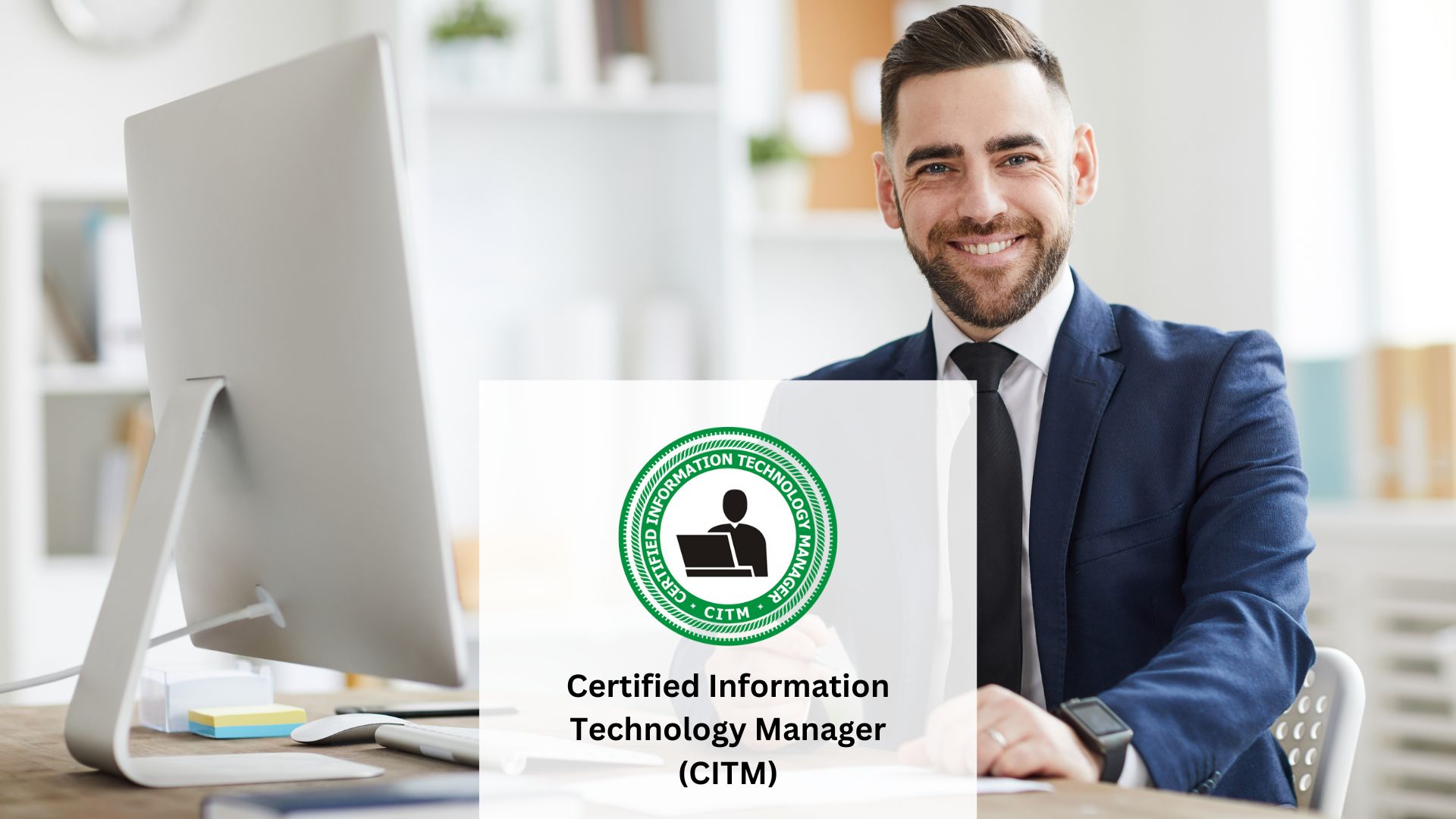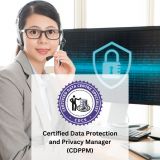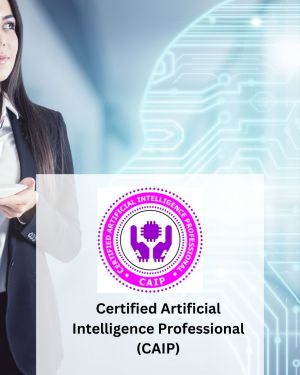Certified Information Technology Manager (CITM)®
In today’s rapidly evolving digital world, IT Managers must balance technical complexities with broader management responsibilities such as people, governance, risk, finance, and business operations. The CITM® Certification provides professionals with the essential knowledge and skills to manage IT effectively in complex organizational environments.
With most companies relying on IT for delivering business-critical services, IT managers face the challenge of high availability, fast-paced change, and innovation. CITM® prepares professionals to understand IT’s strategic role in modern business while enabling them to manage frameworks, systems, software, globalization challenges, and personnel effectively.
“IT Managers are not born, they are created.”
Course Details
-
E-Course Duration: 30 to 35 Hours
-
Exam Pattern: 80 Multiple Choice Questions (80% passing – 64 out of 80 correct)
-
Exam Duration: 90 Minutes
-
Exam Format: Online, non-proctored, available anytime within 8 months
-
Exam Attempts: 2 attempts with each voucher (additional vouchers available if required)
-
Certification Validity: Lifetime
Course Outline (Modules):
Module 1 – Foundation
-
Overview of Information Technology in the Workplace
-
Contributions of IT to the Workplace
-
The Challenge of Change
-
Six Major Trends and Implications for Management
Module 2 – Understanding and Interpreting Information
-
What is Information?
-
Interpreting Information
-
Characteristics of Information
-
From Information to Knowledge
-
Decision Making
Module 3 – Business Frameworks and IT
-
Frameworks for IT
-
IT-based Business Frameworks
-
Basics of Information Systems
Module 4 – Corporate IT Strategy
-
Modern Organizations
-
Organizational Flexibility
-
Strategic Issues of IT
Module 5 – Management Control of Information
-
Management Control
-
Information and Control
-
Management & Security Issues
Module 6 – IT and Globalization
-
Globalization’s Impact on Business
-
International Business Strategies
-
Managing IT Internationally
-
Transnational Virtual Firms & IT
Module 7 – Understanding Software and Database Technologies
-
Managerial Concerns
-
Programming Languages
-
Operating Systems
-
Mobile Technologies
Module 8 – Database Management
-
File Elements
-
DBMSs (Database Management Systems)
-
Databases in Systems Design
Module 9 – Building Information Systems
-
The Design Task
-
Systems Design Life Cycle
-
User-Oriented Design
-
Structured vs. Object-Oriented Design
Module 10 – Systems Design (Early Stages)
-
Systems Analysis
-
Survey & Feasibility Study
-
Identifying System Alternatives
-
Undertaking Systems Design
Target Audience:
-
IT Managers
-
Sales Consultants
-
Help Desk Managers / IT Marketing Professionals
-
Infrastructure Managers
-
General Manager IT / Assistant Directors
-
Team Leaders & Technical Managers
-
Senior System Engineers
-
Systems Team Leaders








